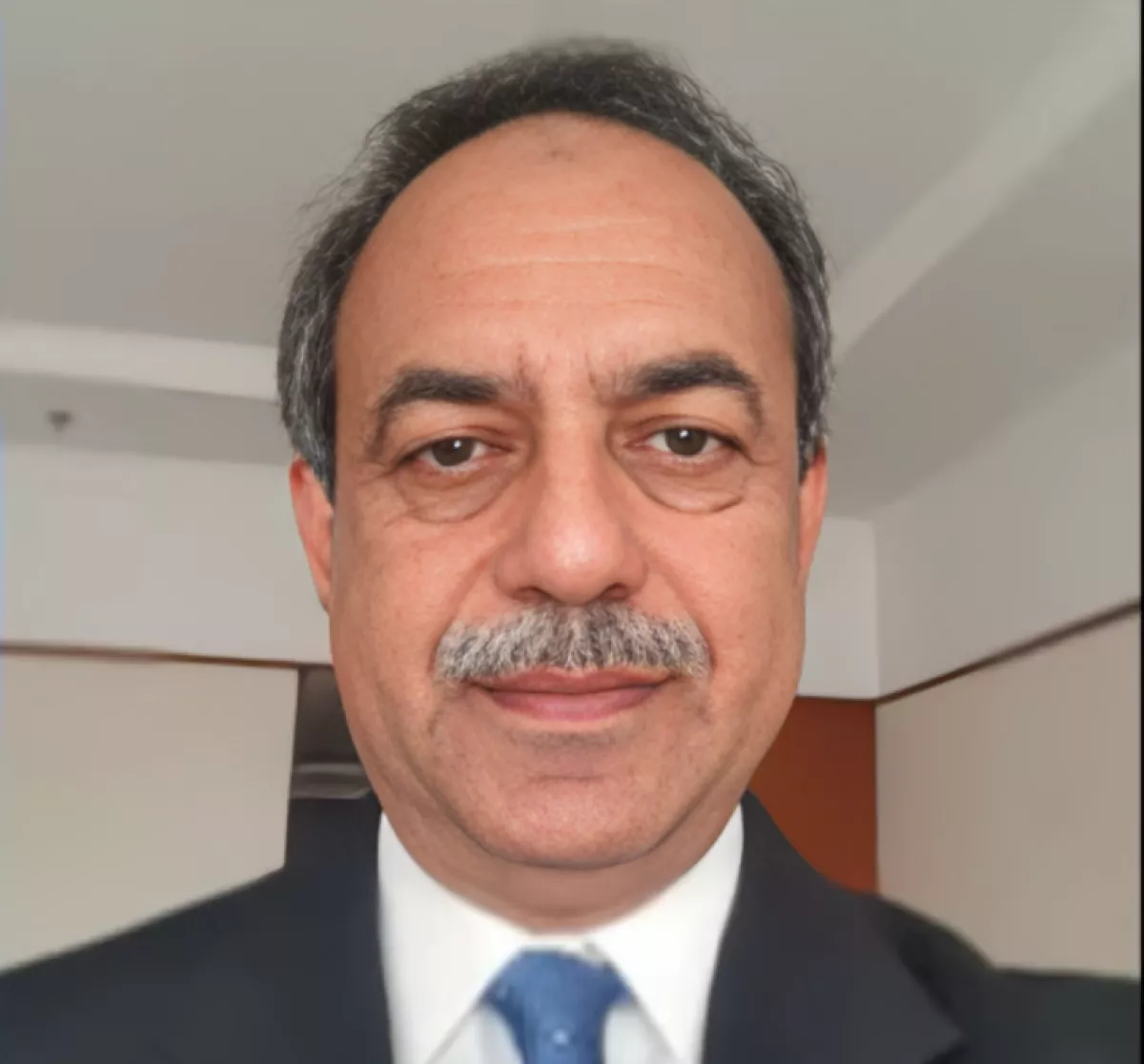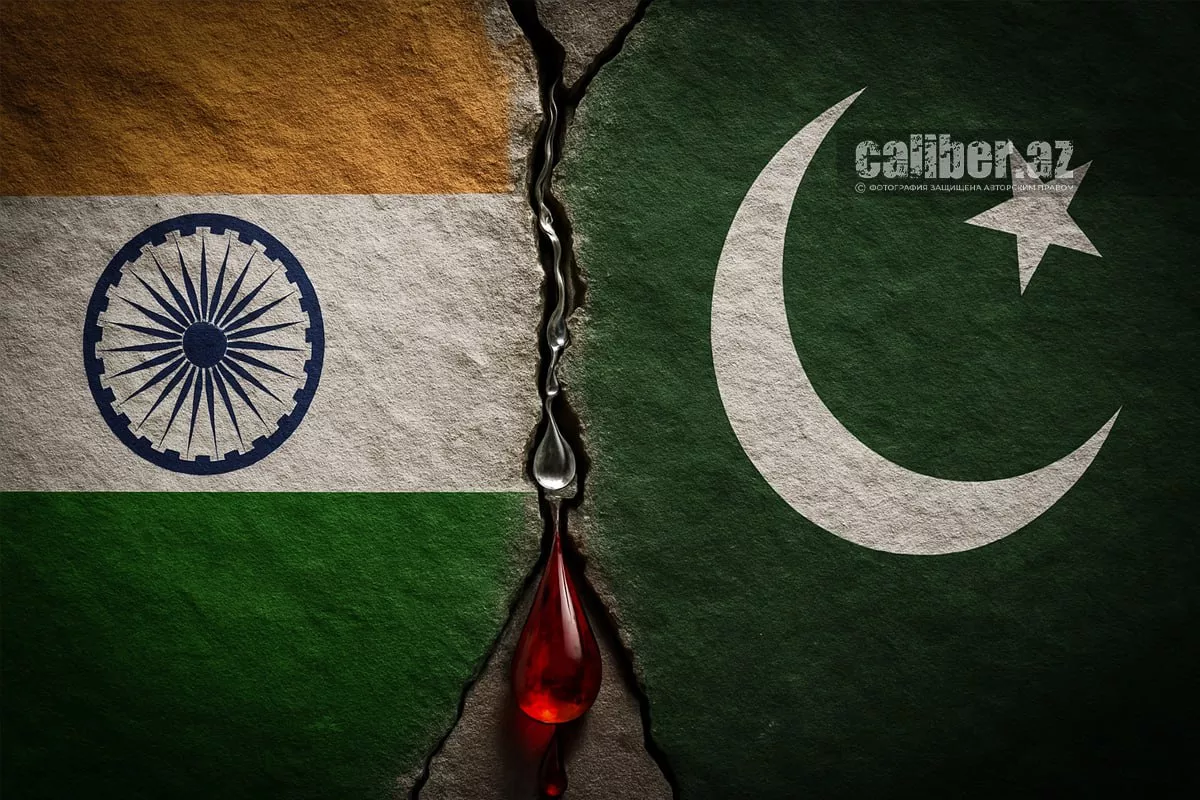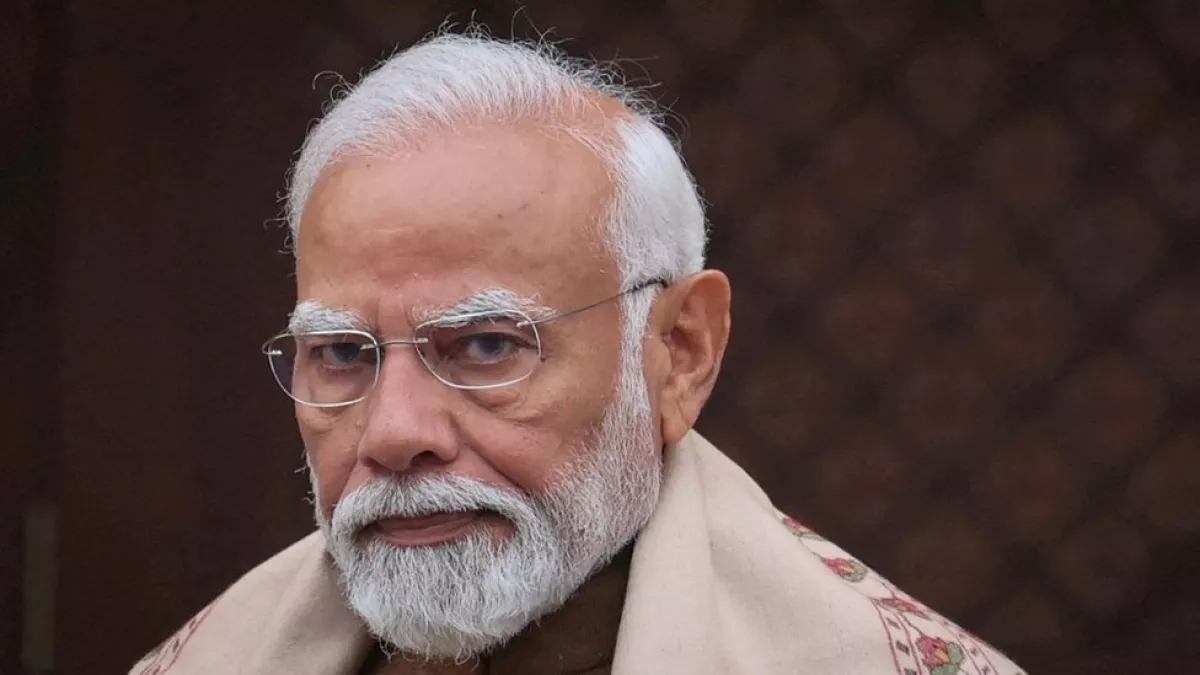India preparing for military action, but Pakistan fully ready to respond Pakistani expert on the latest tensions
In the wake of the recent terrorist attack in Pahalgam, located in Indian-administered Kashmir, tensions between India and Pakistan have escalated sharply. Accusations from New Delhi alleging Islamabad’s involvement have drawn swift denials from Pakistan, which has called for a transparent, third-party investigation.
To gain deeper insights into the unfolding crisis, Caliber.Az conducted an exclusive interview with Dr. Fazal ur Rahman, Executive Director of the Pakistan Council on China. In this detailed conversation, Dr. Rahman addresses Islamabad’s response to the accusations, assesses the risk of military escalation, outlines the geopolitical stakes for regional actors including China, Türkiye, and Azerbaijan, and highlights the broader implications for South Asian stability.

— India has accused Pakistan of involvement in the Pahalgam terror attack. What steps is Islamabad taking to investigate or refute these allegations?
— Pakistan has denied any involvement in the incident and has offered to cooperate in any transparent, impartial investigations into the incident by a third party. Pakistan's position has been appreciated by a number of important countries. However, the Indian side has given no response to this goodwill gesture from Pakistan.
— What specific intelligence or evidence underpins Pakistan’s assertion that India is planning an imminent military action?
— The kind of accusations on Pakistan's involvement, followed by verbal threats and practical actions by mobilising troops along the Line of Control (LoC), Working Boundary and International border, shows the Indian intentions that they would try military adventures. They had sent their aircraft carrier Vikrant close to Pakistani territorial waters - though later on it was withdrawn. The Indian Air Force is flying close to Pakistani airspace. The significant military buildup indicates their intentions.
— How is Pakistan preparing to respond to potential Indian military actions? Would this response include pre-emptive measures or purely retaliatory action?
— Pakistan is fully prepared to respond to any eventuality if attacked. However, Pakistan has no intention whatsoever to carry out any preemptive strikes or take any preventive action.

— How credible is the risk of a full-blown military conflict, and what role do nuclear deterrence and international diplomacy play in containing escalation?
— Though the likelihood of a full-blown war is remote, as there is a realisation that both countries will suffer enormously. A limited war or a few strike exchanges are possible, after which the international community may intervene to de-escalate the situation. The US has already intervened. [US Secretary of State] Marco Rubio has called the Indian Foreign Minister Jaishankar and Pakistani Prime Minister Shehbaz Sharif to exercise restraint. I think on the US's behest, soon there will be a back-channel contact between the National Security Advisors of both countries to resolve the situation.
— How do you assess the effectiveness of current Pakistani diplomatic efforts, particularly outreach to the United States and the UN, in de-escalating the crisis?
— I think it has been quite successful, and the international community is not convinced without any proof from the Indian side of Pakistan's involvement. The UN Secretary General has offered his good offices for mediation after talking to the two countries and waiting for their respective response. Pakistan would welcome any neutral party's role.
— Given India’s suspension of the Indus Waters Treaty, how serious is the water issue in the current escalation matrix?
— India, first of all, cannot do this unilaterally under the provisions of the treaty and International law. It is a very serious matter of life and death of 240 million people, and Pakistan will take all necessary measures to ensure the smooth flow of its rightful water quota. India at present does not have the capacity to hold water, but in the next 5-7 years it could have. So, there is no imminent threat, but in the medium and long term, it could have serious implications for Pakistan.
— What influence might domestic political considerations in both India and Pakistan have on the handling of this crisis?

— Indian Prime Minister Modi has made big statements and has raised public expectations to take revenge on the perpetrators of this act. So, he has to live up to his commitment. His popularity graph was going down, and there will be elections in some of the Indian States which are crucial for him. So, in my opinion, Modi is in a fix. On the Pakistan side, the government and military are expected to give a stronger response to the Indian actions, and anything short of that will discredit the government and the military.
— How is the current escalation likely to impact the broader strategic environment in South Asia, especially with China’s interests in the region?
— China is a time-tested, long-time ally of Pakistan, and the two countries have strong military-to-military strategic relations. China would extend full support to Pakistan in terms of political, diplomatic and hardware requirements. I think it is the Chinese support and commitment to safeguard Pakistan's territorial integrity and sovereignty that India would factor in before taking any military action
— Given the current tensions between India and Pakistan, how do you assess the positions of Azerbaijan and Türkiye on the Kashmir issue?
— I think Pakistan has always relied on the support of its friends like Türkiye and Azerbaijan. Reports are coming in of some military supplies from Türkiye to Pakistan. Azerbaijan's support is crucial for Pakistan on the Kashmir issue, as it is an issue of the rights of people’s self-determination. The Indian forces have unleashed a wave of terror following the Pahalgam incident by arresting over 1500 people, torturing them and demolishing people's homes on suspicion of facilitation. It should be condemned on humanitarian grounds that collective punishment is not the answer. They should accept their incompetence. First, they have no clue who the terrorists were, and secondly, in the presence of hundreds of thousands of troops, they have not been able to apprehend them.
With contributions from Sabina Mammadli








